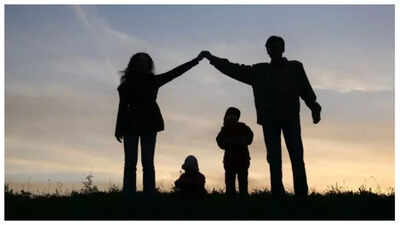
Beyond the customary “how was your day”, “are you hungry” or “why are you upset,” children need to be asked relevant questions that encourage their critical thinking. For young children, it is important to develop a sense of independence, problem solving skills, and facing challenging questions that will require them to think hard, and come up with solutions, and innovative ideas.Children thrive on open communication, so starting today, ask these questions to your child (in any context) to simulate their young mind, and open them to a whole world of opportunities….

1. “What do you think will happen next?”This question helps children learn to predict and imagine outcomes. Whether you’re reading a story together or watching a movie, pause and ask, “What do you think will happen next?” It encourages kids to pay attention to details and use clues to make educated guesses.2. “Why do you think that happened?”Asking “why” helps children look for reasons and causes. After an event or a story, ask your child, “Why do you think that happened?” This makes them think about actions and consequences, and helps them understand the world in a logical way.3. “How would you solve this problem?”When your child faces a challenge, instead of solving it for them, ask, “How would you solve this problem?” This question encourages kids to brainstorm solutions, weigh options, and make decisions. It also builds confidence in their ability to handle difficulties.

4. “What would you do differently?”After completing a task or activity, ask, “What would you do differently next time?” This helps children reflect on their actions and learn from their experiences. It teaches them that mistakes are opportunities to grow and improve.5. “Can you think of another way to do this?”Encourage creativity by asking, “Can you think of another way to do this?” This question shows children that there is often more than one solution to a problem. It helps them become flexible thinkers and look for new approaches.6. “What makes you say that?”When your child shares an opinion or idea, ask, “What makes you say that?” This question encourages them to explain their thinking and provide reasons for their answers. It helps them learn to support their ideas with evidence.

7. “How do you know that is true?”This question teaches children to check facts and think critically about information. When your child tells you something, gently ask, “How do you know that is true?” This helps them learn to question sources, seek proof, and avoid believing everything they hear.














